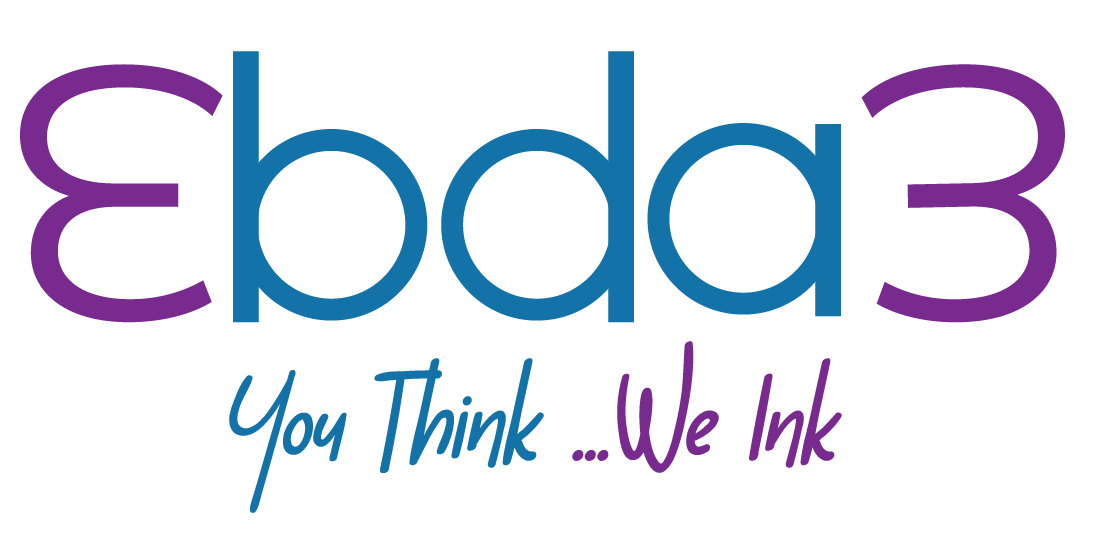Is Your Content Writing Career Taking a Toll? Recognizing and Overcoming Burnout

Content writing can be a fulfilling and creative career, but like any job, it comes with its challenges. The constant demand for fresh ideas, tight deadlines, and the pressure to produce high-quality work can lead to a significant toll on your mental and physical well-being. If you’ve been feeling drained, unmotivated, or overwhelmed, you might be experiencing burnout—a state of chronic stress that can negatively impact your performance and overall happiness.
In this guide, we’ll explore the signs of burnout in content writing, the factors that contribute to it, and strategies to overcome it. Whether you’re just starting your career or are a seasoned writer, understanding and addressing burnout is crucial to maintaining your passion and productivity in the long term.
Recognizing the Signs of Burnout
Burnout doesn’t happen overnight; it’s a gradual process that creeps up as the pressures of work begin to outweigh your ability to cope.
Here are some common signs that you might be experiencing burnout:
1. Constant Fatigue: Feeling tired all the time, even after a good night’s sleep, is a hallmark of burnout. This exhaustion can be both physical and emotional, making it hard to find the energy to tackle even simple tasks.
2. Decreased Creativity: One of the first things to suffer when burnout sets in is your creativity. You may find it difficult to come up with new ideas, struggle with writer’s block, or feel uninspired by topics that once excited you.
3. Procrastination: When burnout strikes, procrastination often follows. Tasks that used to take minutes can stretch into hours, as you find it harder to stay focused and motivated.
4. Increased Cynicism: A growing sense of negativity or cynicism towards your work, clients, or colleagues is a red flag. You may start questioning the value of your efforts or feel detached from the outcomes of your work.
5. Physical Symptoms: Burnout can manifest physically, too. Headaches, stomach issues, muscle tension, and changes in sleep patterns are all common signs that stress is affecting your body.
6. Loss of Satisfaction: When you’re burned out, the sense of accomplishment you once felt from completing projects diminishes. Even finishing a big assignment may no longer bring the satisfaction it once did.
Understanding the Causes of Burnout in Content Writing
Several factors can contribute to burnout, especially in a demanding field like content writing. Understanding these triggers can help you take proactive steps to manage your workload and maintain a healthy balance.
1. High Workload and Tight Deadlines: Content writers often juggle multiple projects with strict deadlines, leading to a high-pressure environment. The constant need to produce can leave little time for rest and recovery.
2. Repetitive Tasks: Writing on similar topics or following the same format day in and day out can become monotonous. This lack of variety can stifle creativity and lead to disengagement.
3. Isolation: Many content writers work remotely or freelance, which can lead to feelings of isolation. Without regular social interactions, it’s easy to feel disconnected and unsupported.
4. Perfectionism: Writers are often their own worst critics. The drive to perfect every sentence can lead to unrealistic expectations and self-imposed pressure, increasing the risk of burnout.
5. Lack of Control: When you have little control over your workload, deadlines, or creative direction, it can lead to feelings of helplessness and stress.
6. Poor Work-Life Balance: The flexibility of content writing can blur the lines between work and personal life, leading to long hours and difficulty switching off from work mode.
Strategies for Overcoming Burnout
Recognizing burnout is the first step towards recovery. The next step is to implement strategies to manage your workload, reduce stress, and reignite your passion for writing. Here are some effective ways to overcome burnout:
1. Set Realistic Goals: It’s important to set achievable goals for yourself. Break down large projects into smaller tasks, and don’t overload your to-do list. Allow yourself the time you need to complete each task without rushing.
2. Prioritize Self-Care: Make time for activities that recharge you, whether it’s exercise, hobbies, or simply relaxing. Regular physical activity, a healthy diet, and adequate sleep are essential for maintaining your energy levels.
3. Take Breaks: Incorporate regular breaks into your workday to prevent mental fatigue. Even short breaks can help you refresh your mind and return to your work with renewed focus.
4. Mix Up Your Routine: If your work feels monotonous, try introducing variety into your day. Experiment with different writing styles, explore new topics, or change your work environment to keep things interesting.
5. Set Boundaries: Establish clear boundaries between work and personal life. Set specific work hours and stick to them, allowing yourself time to disconnect and recharge outside of work.
6. Seek Support: Don’t hesitate to reach out for support if you’re feeling overwhelmed. Talking to fellow writers, joining online communities, or seeking professional help can provide you with the encouragement and guidance you need.
7. Practice Mindfulness: Mindfulness practices, such as meditation or deep breathing exercises, can help reduce stress and improve your ability to focus. Incorporating mindfulness into your daily routine can make a significant difference in how you manage stress.
8. Reevaluate Your Workload: If your workload is consistently overwhelming, consider discussing it with your clients or employer. It may be necessary to negotiate more reasonable deadlines or delegate tasks to others.
Reigniting Your Passion for Writing
Overcoming burnout isn’t just about reducing stress—it’s also about reconnecting with the aspects of writing that you love. Here are some ways to reignite your passion for writing:
1. Explore New Interests: Take time to explore new topics or genres that excite you. Writing about something different can reignite your creativity and remind you of why you started writing in the first place.
2. Celebrate Small Wins: Recognize and celebrate your achievements, no matter how small. Acknowledging your progress can help boost your morale and keep you motivated.
3. Reconnect with Your Purpose: Reflect on why you chose a career in content writing. Whether it’s the joy of storytelling, the challenge of research, or the satisfaction of helping others, reconnecting with your purpose can reinvigorate your enthusiasm.
4. Engage with the Writing Community: Participating in writing groups, attending workshops, or connecting with other writers can provide inspiration and support. Sharing ideas and experiences with others can remind you that you’re not alone.
Conclusion
Burnout is a common challenge in the content writing profession, but it doesn’t have to be a permanent state. By recognizing the signs, understanding the causes, and implementing strategies to manage stress and workload, you can overcome burnout and continue to thrive in your writing career. Remember, taking care of yourself is essential to maintaining your creativity, productivity, and long-term success. With the right approach, you can regain your passion for writing and enjoy a fulfilling and sustainable career.





